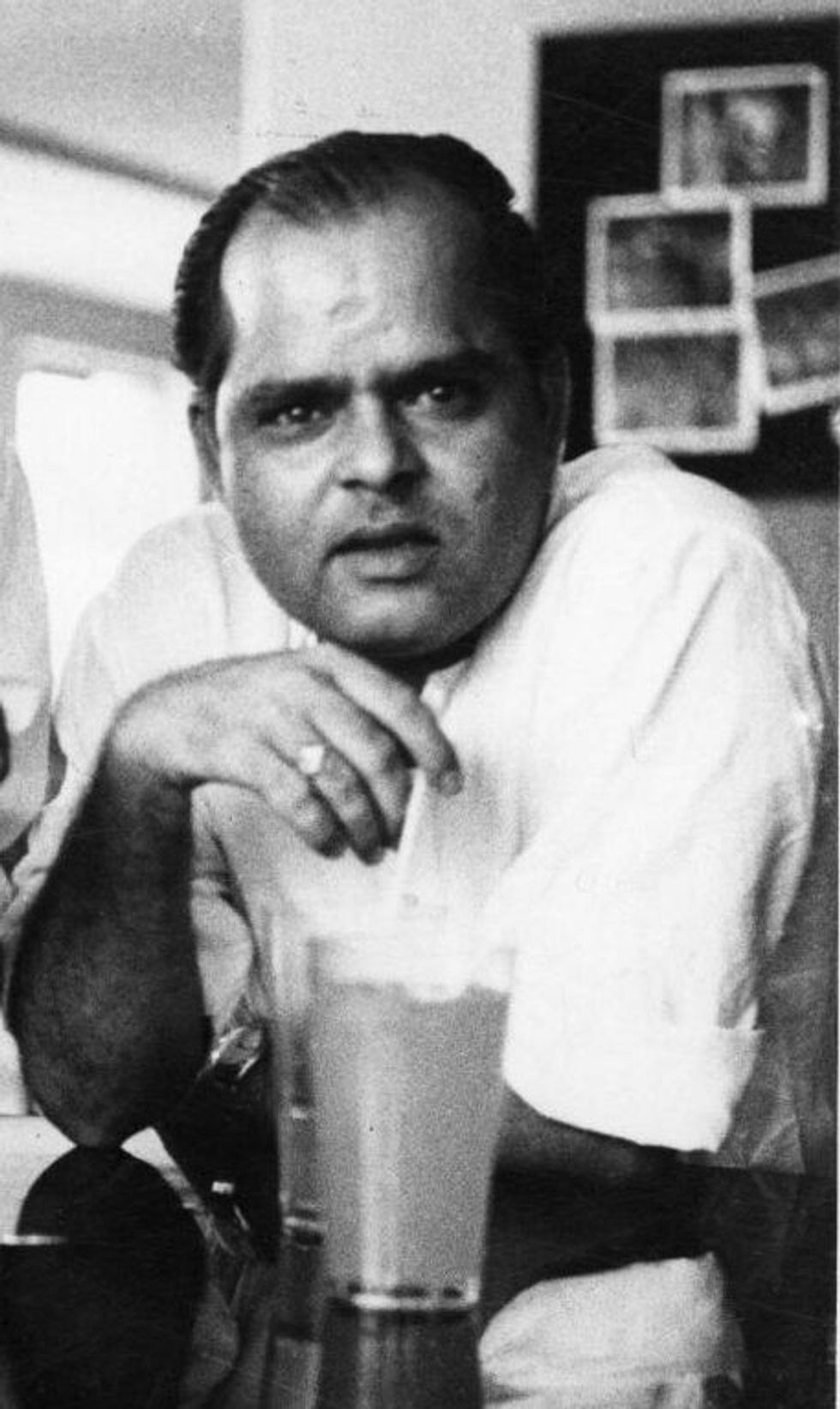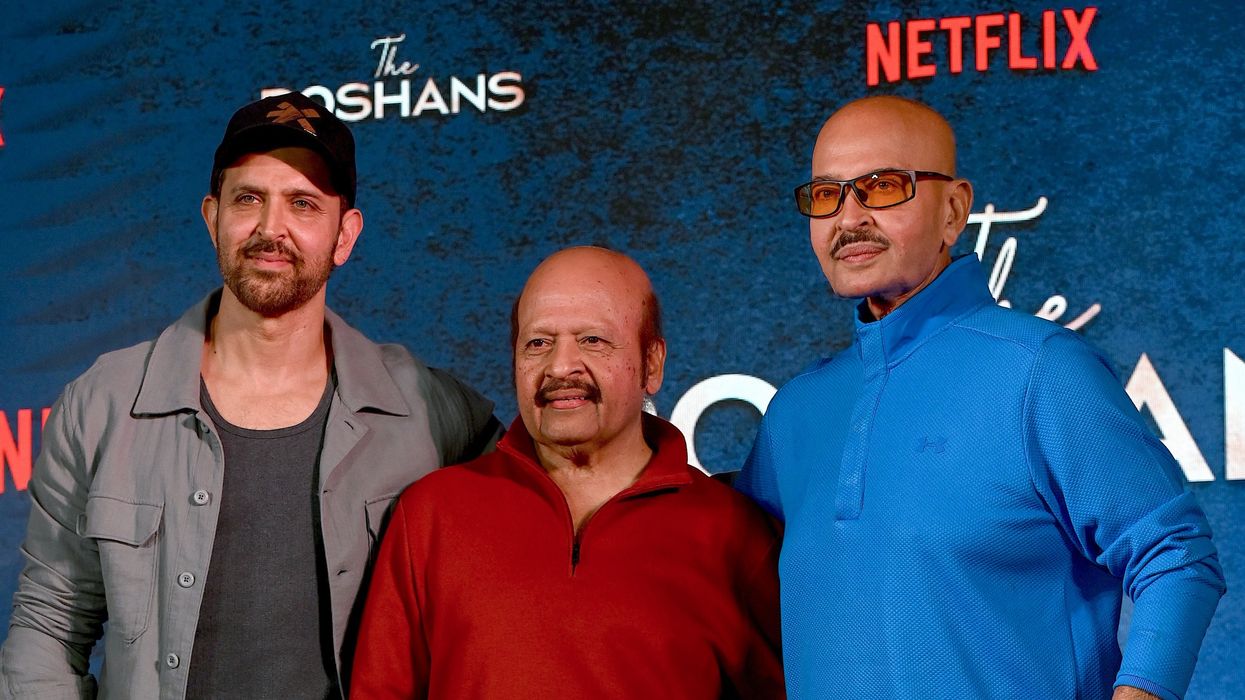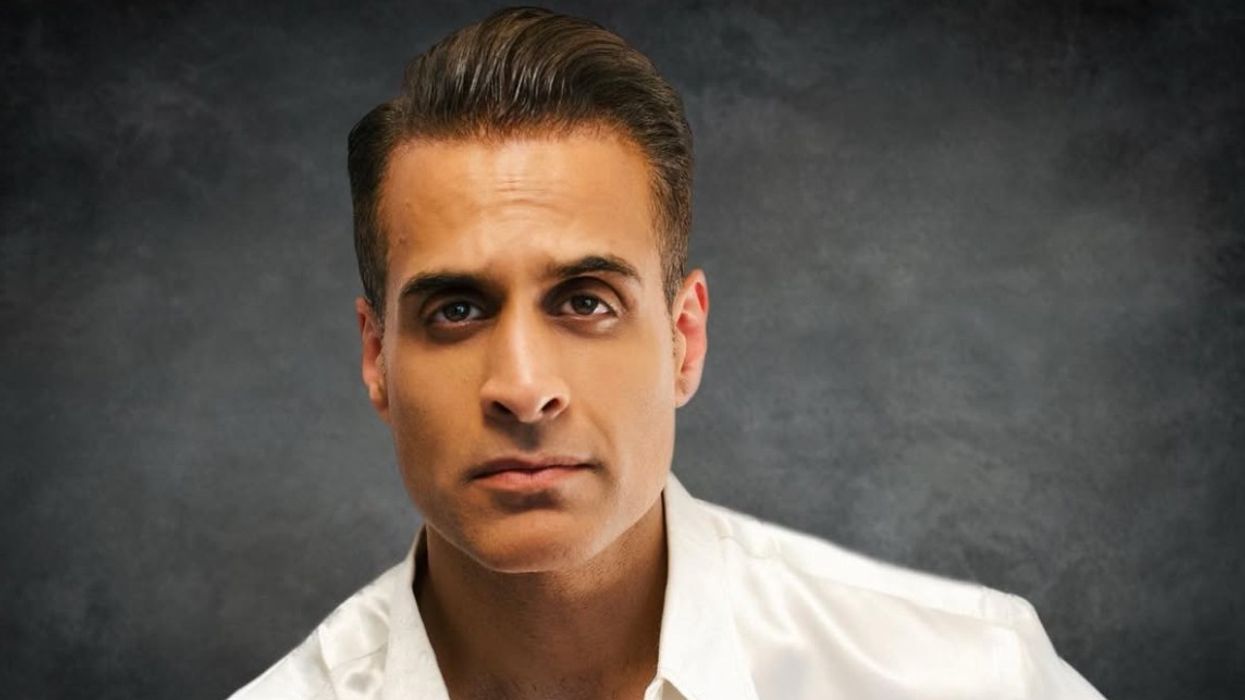THE recently released Netflix documentary The Roshans has been attracting global attention since its premiere. The series devotes an episode to each member of the film family, starting with music director Roshan Lal Nagrath.
Featuring a star-studded lineup of contributors, along with archival photos and film footage, it traces the journey of (musician) Rajesh, (filmmaker) Rakesh, and (actor) Hrithik Roshan.
While the documentary is compelling, inspiring in places, and engaging, much was left out, including the negative moments from their respective lives. Rather than presenting a complete picture, The Roshans became an exercise in glorification. By omitting those elements, the series lost a sense of authenticity.
Here are some key aspects that were overlooked in each episode:
There was little mention of Roshan Lal Nagrath’s early life, including his classical music training and the future legends he helped launch. The documentary highlights his groundbreaking qawwalis in the blockbuster 1960 musical Barsaat Ki Raat, but fails to acknowledge the widely known contribution of Nusrat Fateh Ali Khan’s father, Fateh Ali Khan, to those compositions.
In the second chapter on Rajesh Roshan, the documentary showcases his extensive and impressive body of work but makes no mention of the accusations of plagiarism he has faced. One website has listed more than 40 songs he allegedly copied, and in at least one instance, he was reportedly successfully sued for copying music.

The third episode, focused on Rakesh Roshan, omits any mention of him having to wear a wig during his acting career. Perhaps the biggest turning point in his directorial career was the success of Khoon Bhari Maang (1988), which he discusses in the series.
However, he does not acknowledge that the plot was heavily borrowed from the 1983 Australian mini-series East of Eden.
In Hrithik Roshan’s episode, there is no mention that Kaho Naa Pyaar Hai was initially offered to Shah Rukh Khan or that Ameesha Patel only joined the project after Kareena Kapoor walked out.
His failed marriage and alleged affairs are also completely left out from the Netflix series. Surprisingly, much of his most acclaimed work, including Jodhaa Akbar and War, is barely mentioned.
Ultimately, The Roshans falls into the same pattern as many Bollywood documentaries and celebrity autobiographies, where darker moments are either whitewashed or quickly forgotten. Yet, it is these moments that humanise stars and provide a more accurate portrayal of their journeys. While the series is engaging, a little more honesty could have made it better.






 Nick and Priyanka enjoy a quiet family momentInstagram/PriyankaChopra
Nick and Priyanka enjoy a quiet family momentInstagram/PriyankaChopra










 Chirag Rao brings the magic of Bollywood hits to life with a jazz twist in his upcoming Bollywood Bratpack concert
Chirag Rao brings the magic of Bollywood hits to life with a jazz twist in his upcoming Bollywood Bratpack concert Nazeem Hussain prepares to bring his unique comedic style to Leicester Square Theatre for his highly anticipated You Paid For This show
Nazeem Hussain prepares to bring his unique comedic style to Leicester Square Theatre for his highly anticipated You Paid For This show Jewel Thief – The Heist Begins: Despite a star-studded cast, this Netflix release is shaping up to be another disappointing addition to the streaming platform
Jewel Thief – The Heist Begins: Despite a star-studded cast, this Netflix release is shaping up to be another disappointing addition to the streaming platform Isabelle Kaif’s journey in Bollywood continues to be plagued by setbacks, with her upcoming film Suswagatam Khushamadeed facing an uncertain future
Isabelle Kaif’s journey in Bollywood continues to be plagued by setbacks, with her upcoming film Suswagatam Khushamadeed facing an uncertain future Abir Gulaal brings together Fawad Khan and Vaani Kapoor in a cross-border romantic comedy, offering a refreshing message of love and unity
Abir Gulaal brings together Fawad Khan and Vaani Kapoor in a cross-border romantic comedy, offering a refreshing message of love and unity Ambika Mod takes centre stage in Porn Play, an intriguing and thought-provoking production at the Royal Court, expected to be one of the year's most in-demand theatre events
Ambika Mod takes centre stage in Porn Play, an intriguing and thought-provoking production at the Royal Court, expected to be one of the year's most in-demand theatre events Emraan Hashmi hopes for a career revival with a sequel to Awarapan, but his recent track record leaves many confused about his comeback
Emraan Hashmi hopes for a career revival with a sequel to Awarapan, but his recent track record leaves many confused about his comeback

